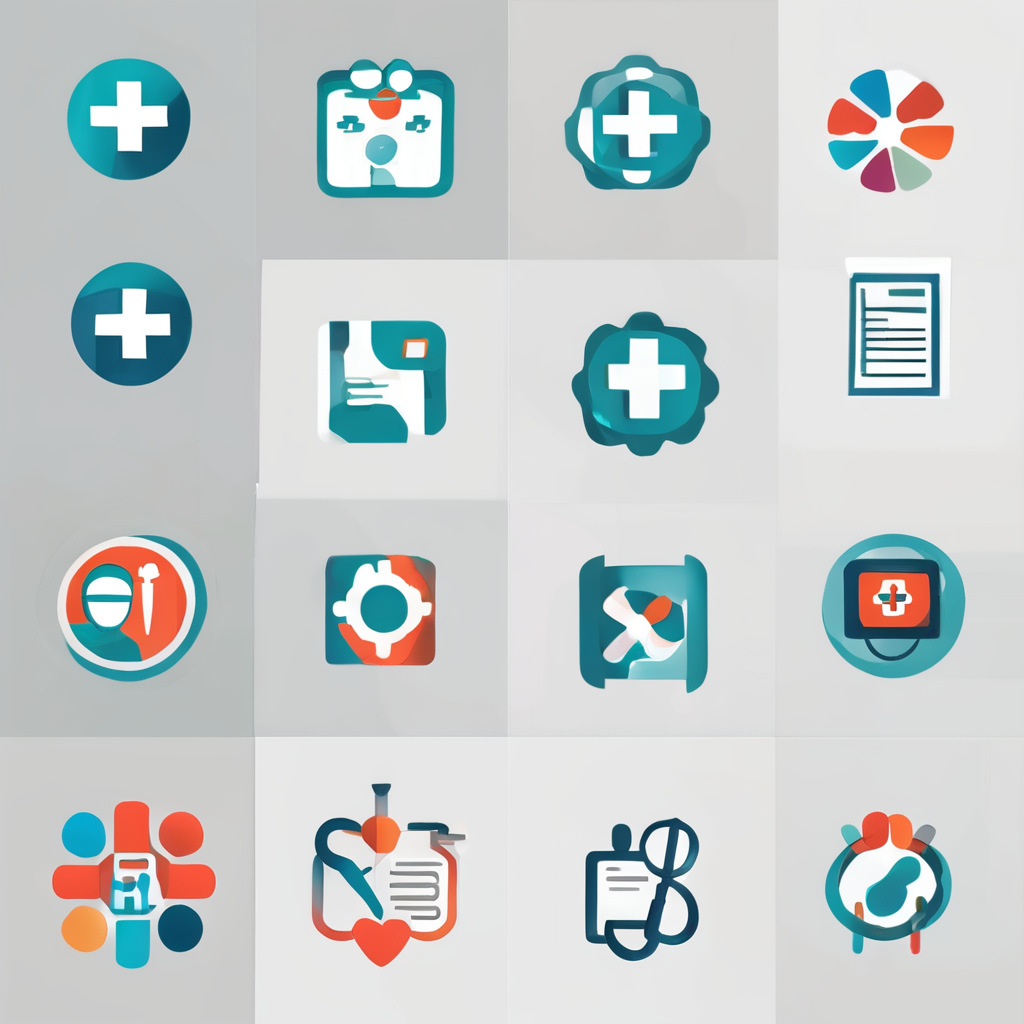Pregnancy is a time of joy and excitement, but it can also come with a variety of challenges. One of the most common issues that expectant mothers face during the first trimester is nausea and vomiting, often referred to as morning sickness. This phenomenon can affect daily life and overall health, leading to discomfort and even distress. While it primarily occurs in the early weeks of pregnancy, some women may experience it throughout their entire first trimester.
The reasons behind morning sickness are not entirely understood, but hormonal changes and increased sensitivity to smells and tastes are thought to play significant roles. For many women, this experience is just a part of becoming a mother, while for others, it can escalate into a more severe condition known as hyperemesis gravidarum. Understanding the symptoms, potential treatments, and dietary strategies can help manage this challenging aspect of pregnancy.
Also to discover : How can a balanced diet during pregnancy impact fetal development effectively?
Identifying the Symptoms of Nausea and Vomiting during Pregnancy
During the first trimester, expectant mothers may encounter various symptoms that signal the onset of morning sickness. These typically manifest as nausea, which can be both constant and intermittent, alongside vomiting that may occur at any time of the day. While it is commonly referred to as “morning sickness,” many women experience these symptoms throughout the day.
Symptoms can vary greatly from one woman to another. Some may only feel queasy, while others may find themselves unable to keep any food down. The severity of symptoms can also change from day to day. It’s crucial to note that morning sickness usually begins around the sixth week of pregnancy and can persist until the end of the first trimester, although some women report lingering symptoms into the second trimester.
Additional reading : What role does hydration play in maintaining a healthy pregnancy?
In some cases, morning sickness can escalate into hyperemesis gravidarum, a condition characterized by severe nausea and vomiting that prevents women from keeping food or fluids down. This condition can lead to significant weight loss, dehydration, and nutritional deficiencies. If you find that your symptoms are severe or worsening, it’s essential to consult your healthcare provider to determine the best course of action. Understanding your symptoms is the first step toward effective management.
Exploring Dietary Strategies to Alleviate Nausea
Diet can play a pivotal role in managing nausea and vomiting during pregnancy. Certain foods can help soothe the stomach and reduce feelings of nausea, while others may exacerbate symptoms. It is often recommended to consume small, frequent meals instead of three large ones. This strategy can help maintain stable blood sugar levels and avoid overwhelming the stomach.
Ginger is one food that has garnered attention for its potential benefits in easing nausea. Studies have shown that ginger can help reduce nausea and vomiting in pregnant women. Consuming ginger tea, ginger candies, or adding fresh ginger to meals may provide relief. Additionally, foods that are bland and easy to digest, such as crackers, toast, and bananas, can be beneficial.
Another helpful approach is to stay hydrated. Dehydration can worsen nausea, making it crucial to drink small sips of water or electrolyte drinks throughout the day. Additionally, consuming cold foods instead of hot meals can help minimize nausea, as the smell of hot foods can sometimes trigger unpleasant sensations.
You might also want to consider avoiding foods that are spicy, greasy, or strongly flavored. Keeping a food diary can help identify which foods trigger your nausea and which ones provide relief. Remember, each woman’s body reacts differently, so it’s important to find what works best for you.
When to Seek Medical Treatment for Severe Symptoms
While morning sickness is common, there are instances when it may require medical intervention. If nausea and vomiting become severe and lead to dehydration, significant weight loss, or an inability to keep food and liquids down, it’s crucial to reach out to your healthcare provider. They can assess your condition and determine if you might be experiencing hyperemesis gravidarum.
Treatment options may include prescription medications that are safe during pregnancy. These medications can help alleviate nausea and prevent vomiting, allowing you to maintain both your nutritional intake and hydration levels. Additionally, some healthcare providers may suggest intravenous (IV) fluids to combat dehydration, especially if you have not been able to keep anything down for an extended period.
It’s essential to keep an open line of communication with your healthcare team about your symptoms. They can provide valuable resources and various treatment options that suit your specific needs. Some women may find relief through alternative methods, such as acupuncture or acupressure wristbands, which have been reported to help with nausea.
Also, consider that mental health plays a role in how you experience nausea. Stress and anxiety can exacerbate symptoms, so exploring relaxation techniques or speaking with a counselor might also be beneficial.
Understanding the Risks Associated with Nausea and Vomiting
Although nausea and vomiting are common during the first trimester, there are associated risks, particularly if symptoms become severe. Hyperemesis gravidarum, while rare, can lead to serious complications. If left untreated, it can result in malnutrition, electrolyte imbalances, and even liver damage in extreme cases.
Women experiencing severe morning sickness may face challenges in maintaining proper nutrition, which is vital for both maternal and fetal health. Nutritional deficiencies may occur, potentially impacting fetal development. Therefore, it’s crucial to monitor your symptoms and maintain communication with your healthcare provider regarding your dietary intake and overall well-being.
Additionally, emotional health should not be overlooked. The stress of dealing with persistent nausea can lead to feelings of isolation, anxiety, and even depression. Support from partners, family, and friends can be invaluable during this time. Joining support groups or discussing your feelings with other expectant mothers can help alleviate some of the emotional burden.
Lastly, be aware that every pregnancy is unique, and individual experiences with nausea and vomiting can vary significantly. Understanding the risks associated with severe symptoms can empower you to make informed decisions about your health and that of your baby.
Dealing with nausea and vomiting during the first trimester can be challenging for expectant mothers. Understanding the symptoms, exploring dietary strategies, and knowing when to seek medical help are crucial steps in managing this common pregnancy experience. Remember, you are not alone in this journey, and support is available.
Implementing small dietary changes, incorporating soothing foods, and maintaining open communication with your healthcare provider can greatly improve your quality of life during this time. While morning sickness can be uncomfortable, it is often a temporary aspect of pregnancy.
As you navigate this phase, focus on what you can control, and don’t hesitate to reach out for help when needed. Pregnancy is a beautiful journey, and finding ways to manage nausea and vomiting will help you embrace this exciting time more fully.











